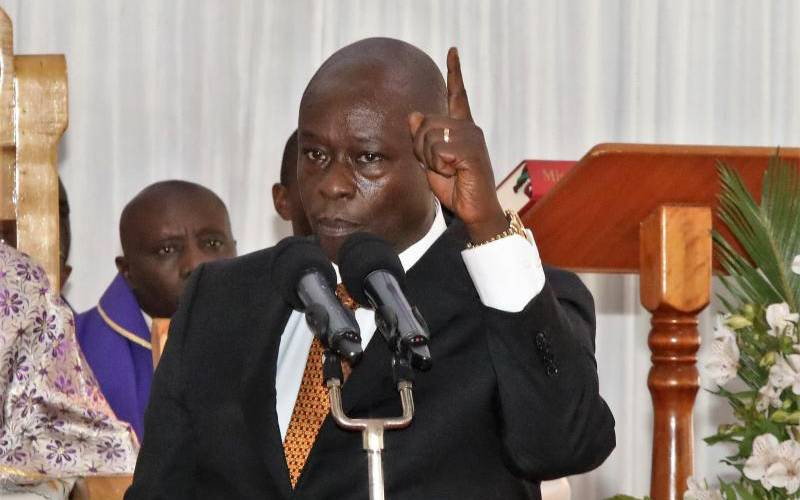
I have always envied December babies because the end of year is doubly appropriate for reflecting on past achievements and planning for the coming year. What is true of individuals is true of a country like Kenya which celebrates her birthday in December.
This year's celebrations were especially significant because not only were Kenyans reflecting on the state of their democracy after 59 years of independence, the leadership of the country was undergoing a generational change with election of President William Ruto's government.